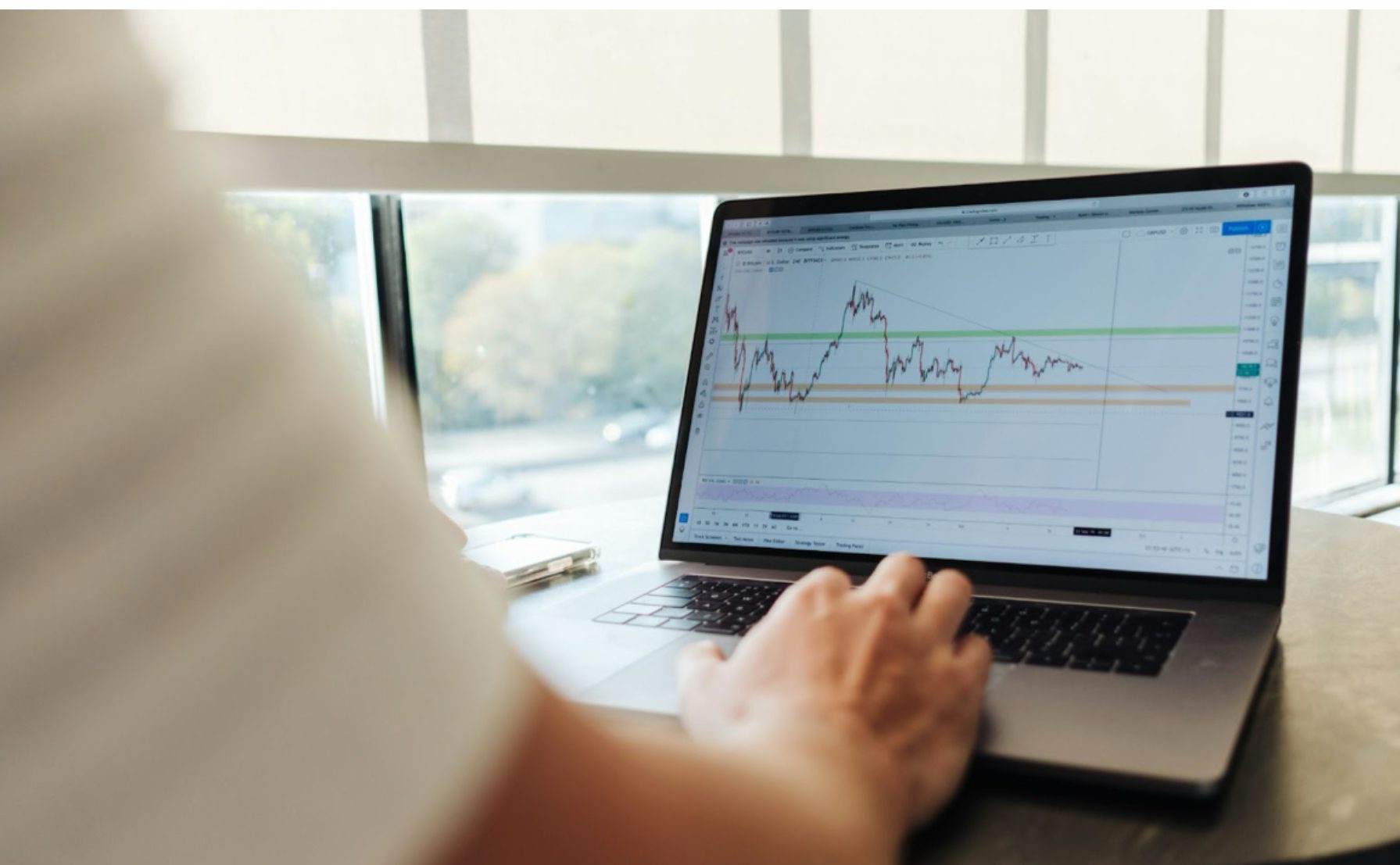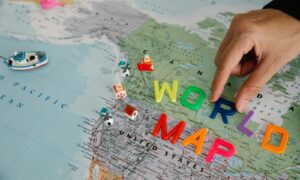In the past, financial trading was dominated by human intuition, market experience, and manual strategies. Traders would rely on news reports, economic trends, and years of expertise to make decisions about when to buy or sell. But in 2025, the landscape of trading is evolving faster than ever, thanks to AI trading and powerful software solutions that are changing how global markets function. Artificial intelligence is no longer just a supporting tool—it has become a driving force in modern trading.
What is AI Trading?
AI trading, also known as algorithmic trading powered by artificial intelligence, uses machine learning models, predictive analytics, and neural networks to analyze financial data and execute trades automatically. Unlike traditional software that requires manual inputs, AI trading software continuously learns from historical and real-time market data, allowing it to identify profitable opportunities within seconds.
This evolution means that trading is no longer only for Wall Street professionals. Even retail traders can now access AI-powered platforms that were once reserved for hedge funds and investment banks.
Why AI Matters in Trading
The global financial market is extremely complex, with billions of dollars exchanged every second. Human traders, no matter how skilled, can’t process such huge volumes of data in real-time. This is where AI shines.
Here are some of the biggest advantages of AI trading:
- Speed & Efficiency – AI software can analyze thousands of market indicators in milliseconds.
- Data-Driven Accuracy – AI reduces emotional bias, making trading decisions more logical.
- Risk Management – Advanced AI systems detect market risks early and adjust strategies automatically.
- 24/7 Market Monitoring – AI trading tools can run continuously, tracking opportunities worldwide.
For example, in global forex markets, AI can detect micro-trends in currency pairs faster than any human, giving traders a competitive edge.
Real-World Applications of AI Trading
AI isn’t just theory—it’s already being used successfully:
- Hedge Funds: Many hedge funds deploy AI trading software to manage billions in assets.
- Crypto Trading: AI tools are widely used in cryptocurrency trading to predict volatility and price movements.
- Retail Trading Apps: Platforms now integrate AI assistants that guide beginner traders with strategy recommendations.
These applications show that AI is no longer just an experiment—it’s a necessity in the financial world.
Risks and Ethical Concerns
Like any technology, AI trading comes with challenges.
- Over-Reliance on Software – Traders may depend too much on AI without understanding the risks.
- Market Manipulation – Critics argue that powerful AI tools could create unfair advantages.
- Regulation Gaps – Financial authorities are still catching up with AI-driven innovations.
Ethical questions are being raised about whether AI might dominate trading to such an extent that human decision-making becomes irrelevant. Regulators worldwide are working to ensure that AI trading remains transparent and fair.
The Future of AI Trading
Looking ahead, the role of AI in trading is only going to expand. By 2030, experts predict that more than 70% of all global trades will be executed through AI-driven systems. Financial institutions are already investing heavily in next-generation trading software, combining AI with blockchain technology, quantum computing, and big data.
We may soon see trading platforms that can predict market crashes before they happen, or AI tools that tailor investment strategies to individual traders’ goals in real-time.
Final Thoughts
The rise of AI trading is one of the biggest revolutions in financial history. It allows traders from beginners to professionals; to leverage the power of data, speed, and intelligence in ways that were unimaginable a decade ago. While risks and ethical questions remain, the benefits of AI in trading are undeniable.
As we move into a future where AI, trading, and software become increasingly interconnected, those who embrace these technologies will likely be the ones who thrive in global financial markets.



































